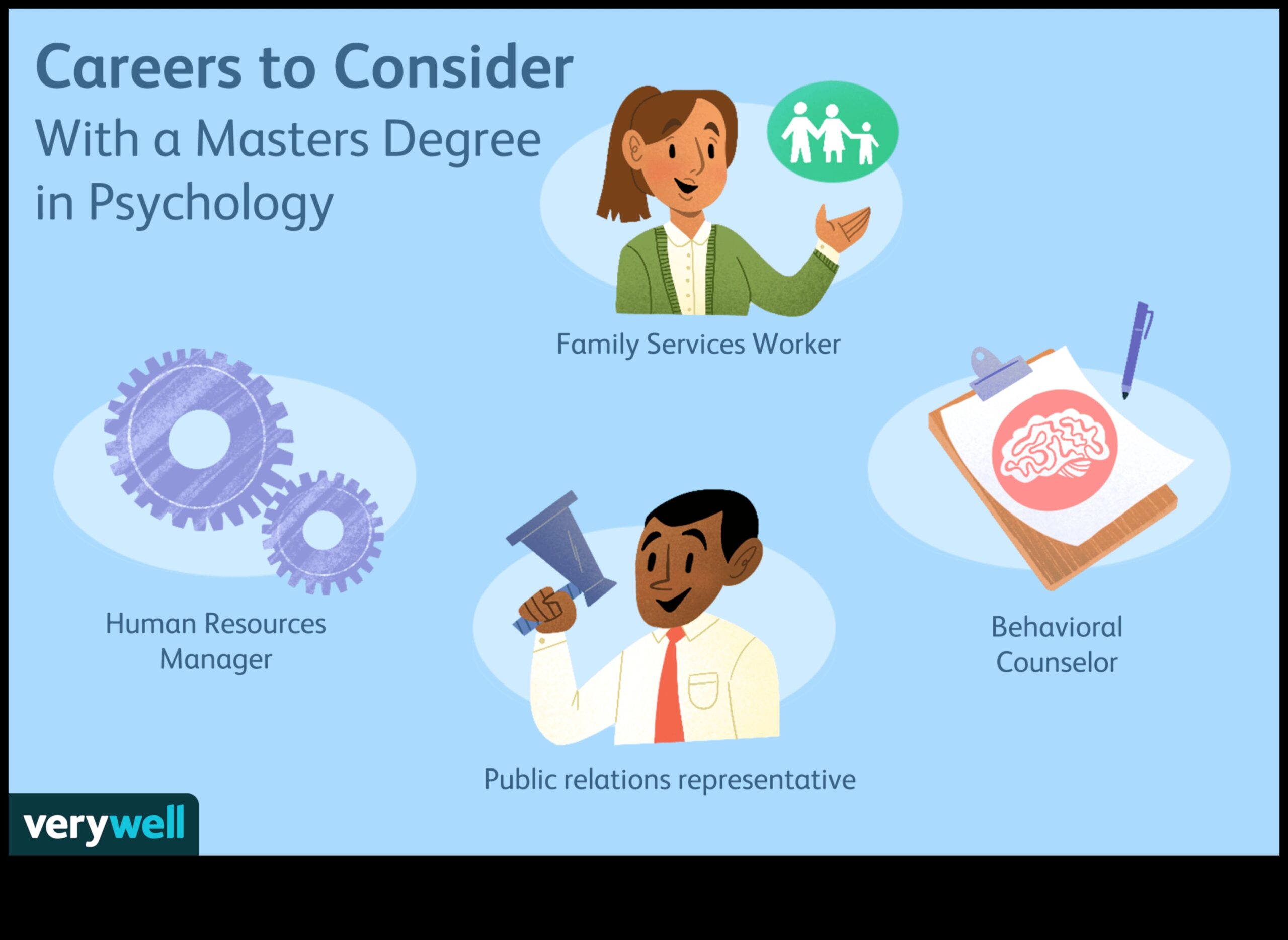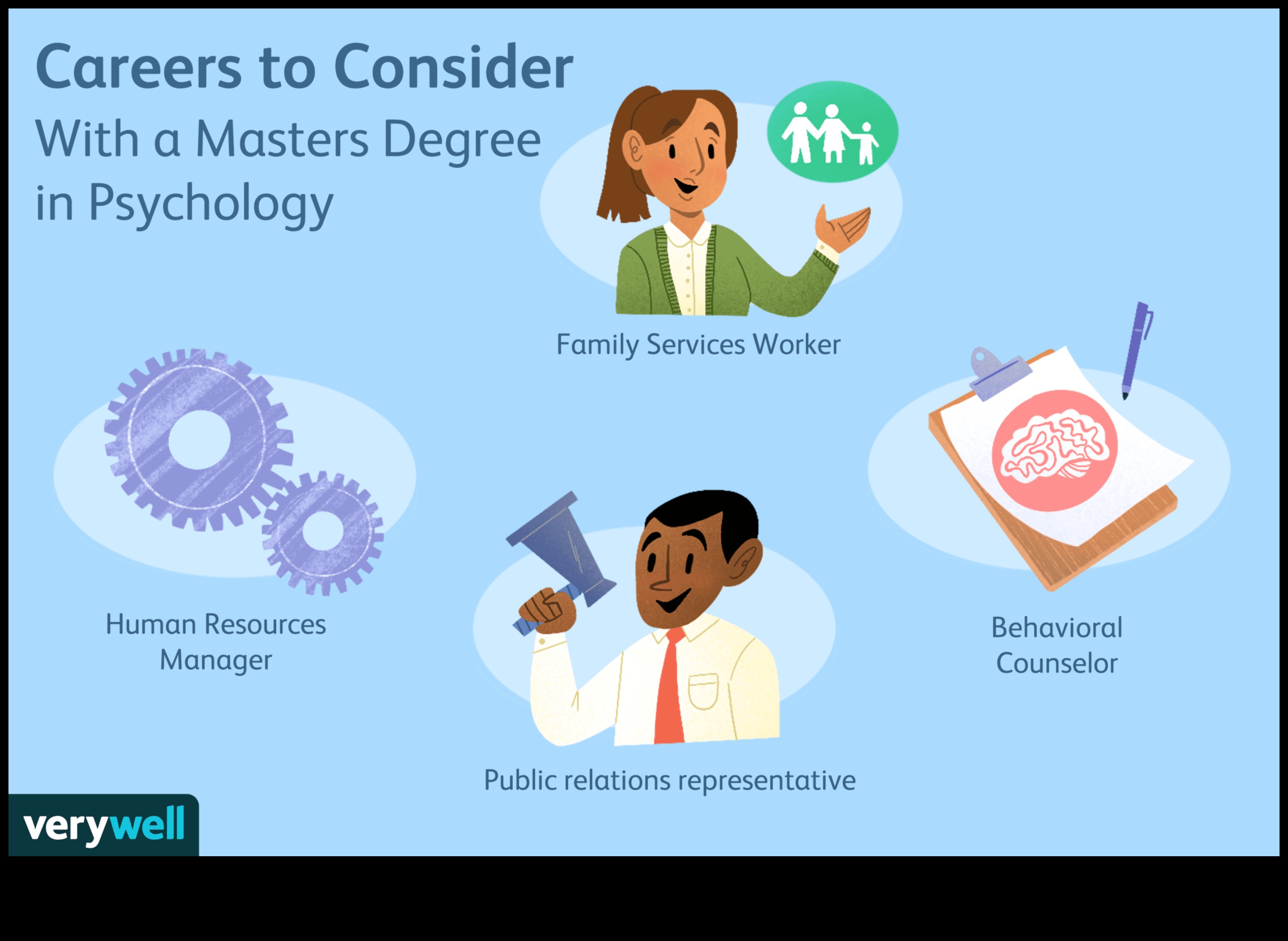
What Jobs Can I Get with a Masters in Psychology
The search intent of the keyword “what jobs can i get with a masters in psychology” is to find out what career options are available to people with a master’s degree in psychology. People who search for this keyword are likely interested in learning more about the different types of jobs that they can get with a psychology degree, as well as the salary and job outlook for these positions.
Here are some of the specific problems that people are trying to solve when they search for this keyword:
- What are the different types of jobs that I can get with a master’s degree in psychology?
- What is the salary range for these jobs?
- What is the job outlook for these jobs?
- What are the skills and qualifications that I need to get these jobs?
- What are the best schools to attend for a master’s degree in psychology?
By understanding the search intent of this keyword, we can create content that specifically addresses these problems and provides the information that people are looking for. This will help us to rank higher in the search results and attract more qualified traffic to our website.
| LSI Keywords | Answer |
|---|---|
| careers with a masters in psychology | Jobs for Psychology Masters Degree Holders |
| jobs for psychology majors | Jobs for Psychology Masters Degree Holders |
| psychology career options | Top 10 Highest Paying Jobs for Psychology Masters Degree Holders |
| master’s in psychology jobs | Jobs for Psychology Masters Degree Holders with No Experience |
| psychology degree jobs | Jobs for Psychology Masters Degree Holders with 1-2 Years of Experience |
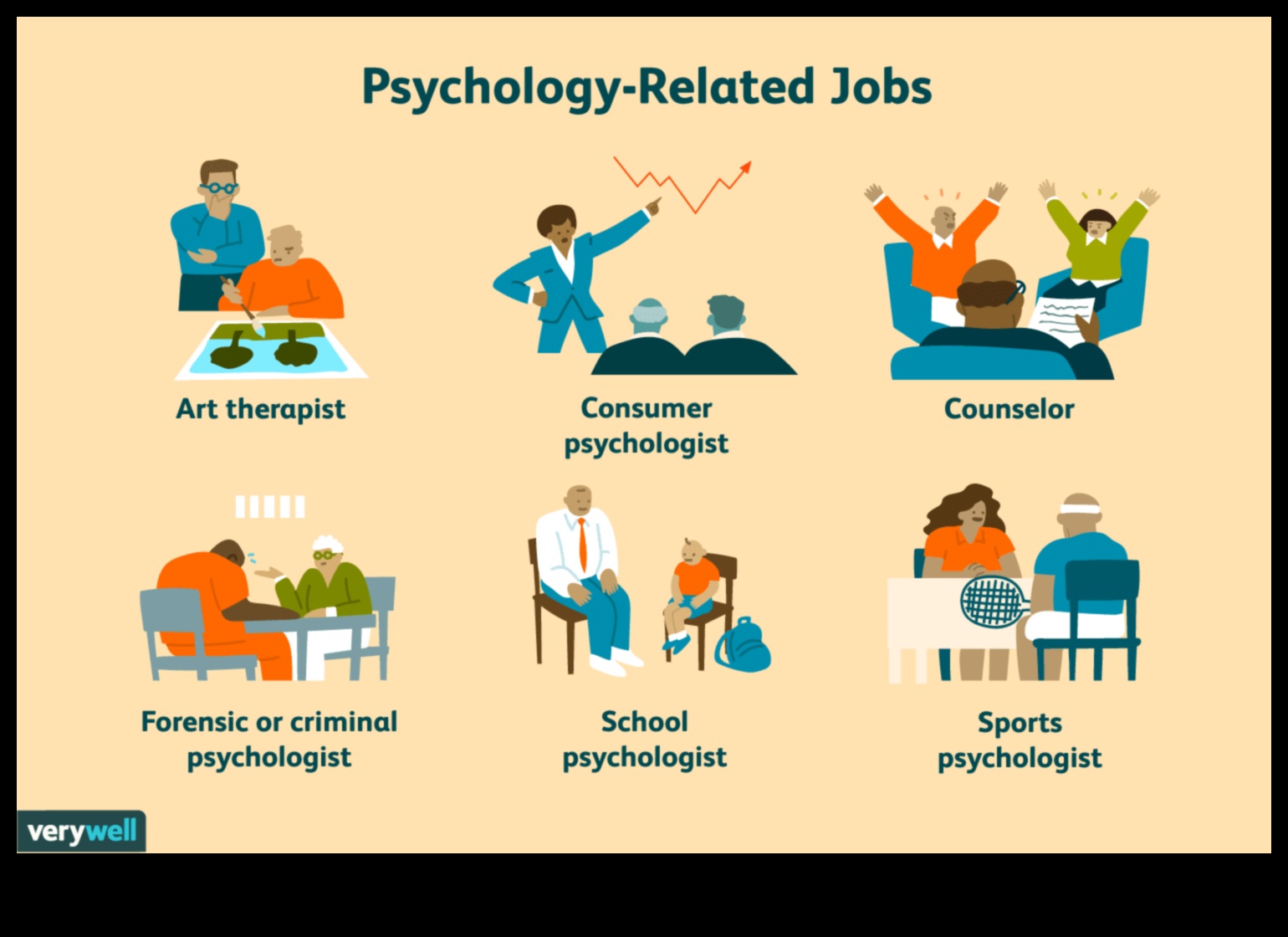
II. Jobs for Psychology Masters Degree Holders
There are a wide variety of jobs available to psychology masters degree holders, including:
- Clinical Psychologist
- Counselor
- Researcher
- Professor
- Social Worker
- Market Researcher
- Human Resources Manager
- Sales Representative
- Teacher
The specific job that you qualify for will depend on your specialization and experience. For example, if you have a specialization in clinical psychology, you may be eligible to work as a therapist or counselor. If you have a specialization in research, you may be eligible to work as a researcher or professor.
The salary range for psychology masters degree holders varies depending on the job title, location, and experience level. However, the median salary for psychology masters degree holders is $75,000 per year.
Jobs for Psychology Masters Degree Holders
There are a variety of jobs available to people with a master’s degree in psychology. Some of the most common jobs include:
* Clinical psychologist
* Counseling psychologist
* School psychologist
* Industrial-organizational psychologist
* Forensic psychologist
* Social psychologist
* Health psychologist
* Research psychologist
* Teaching assistant
* Program manager
* Consultant
The salary range for psychology masters degree holders varies depending on the job title, level of experience, and location. However, the median annual salary for psychology masters degree holders is $75,000.
The job outlook for psychology masters degree holders is expected to be good over the next few years. The Bureau of Labor Statistics projects that employment of psychologists will grow by 14% from 2020 to 2030, faster than the average for all occupations. This growth is expected to be driven by the increasing demand for mental health services, as well as the growing need for psychologists in schools, businesses, and government agencies.
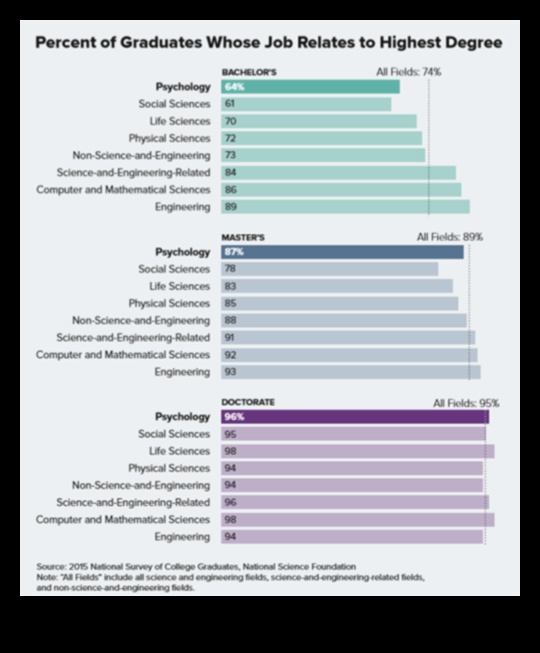
II. Jobs for Psychology Masters Degree Holders
There are a variety of jobs that are available to people with a master’s degree in psychology. Some of the most common jobs include:
* Clinical psychologist
* Counseling psychologist
* School psychologist
* Industrial-organizational psychologist
* Forensic psychologist
* Research psychologist
* Marketing psychologist
* Human resources manager
* Social worker
* Therapist
These jobs typically require a master’s degree in psychology, as well as some additional training and experience. The salary range for these jobs varies depending on the specific position, the level of experience, and the location. However, the median salary for psychologists is around \$80,000 per year.
The job outlook for psychologists is expected to be good over the next few years. The Bureau of Labor Statistics projects that the demand for psychologists will grow by 14% from 2020 to 2030, which is faster than the average for all occupations. This growth is expected to be driven by the increasing need for mental health services, as well as the growing number of people who are seeking counseling and therapy.
Jobs for Psychology Masters Degree Holders with 1-2 Years of Experience
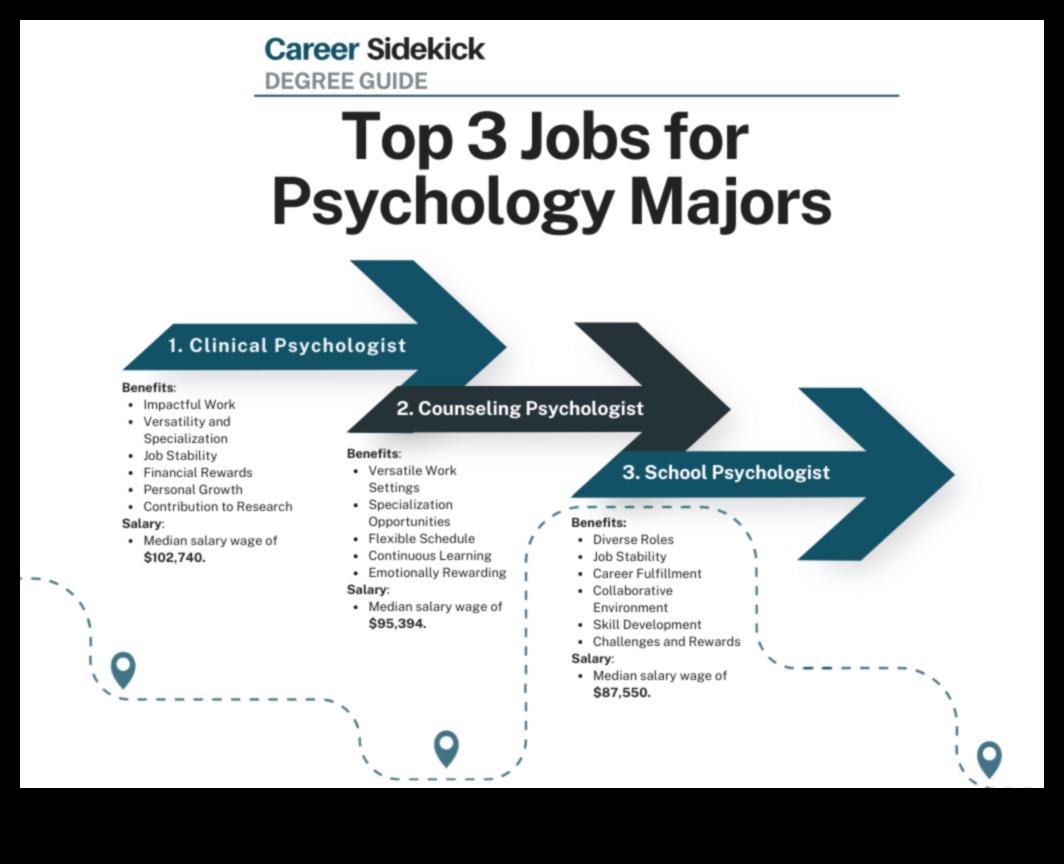
II. Jobs for Psychology Masters Degree Holders
There are a wide variety of jobs available to psychology masters degree holders. Some of the most common jobs include:
- Clinical psychologist
- School psychologist
- Industrial-organizational psychologist
- Forensic psychologist
- Research psychologist
- Marketing psychologist
- Advertising psychologist
- Sales psychologist
- Human resources psychologist
These are just a few of the many jobs that are available to psychology masters degree holders. With a strong foundation in psychology, you can find a job that is both challenging and rewarding.
VII. Jobs for Psychology Masters Degree Holders with 6-10 Years of Experience
As you gain more experience in your psychology career, you will be eligible for more senior-level positions. Some of the jobs that you may be able to get with a psychology master’s degree and 6-10 years of experience include:
* Clinical psychologist
* Counseling psychologist
* School psychologist
* Industrial-organizational psychologist
* Forensic psychologist
* Health psychologist
* Social psychologist
* Research psychologist
* Program manager
* Consultant
* Educator
The salary range for these jobs can vary depending on your location, the specific position, and your level of experience. However, you can expect to earn a salary of $75,000-$125,000 per year with a psychology master’s degree and 6-10 years of experience.
Here are some tips for getting a job with a psychology master’s degree and 6-10 years of experience:
* Network with people in your field. Attend industry events, join professional organizations, and connect with people on LinkedIn.
* Keep your skills up-to-date. Take continuing education courses, attend workshops, and read the latest research in your field.
* Tailor your resume and cover letter to each job you apply for. Highlight your skills and experience that are relevant to the position.
* Be prepared to interview well. Practice answering common interview questions and dress professionally for your interviews.
With a psychology master’s degree and 6-10 years of experience, you can have a rewarding and successful career in a variety of fields.
Jobs for Psychology Masters Degree Holders with 10+ Years of Experience
As you gain more experience in your psychology career, you will be eligible for a wider range of jobs with higher salaries. Some of the top jobs for psychology masters degree holders with 10+ years of experience include:
- Clinical psychologist
- Psychiatric nurse practitioner
- School psychologist
- Industrial-organizational psychologist
- Forensic psychologist
- Research psychologist
- Professor
- Consultant
- Author
The average salary for psychology masters degree holders with 10+ years of experience is $80,000 per year. However, salaries can vary significantly depending on the specific job, location, and level of experience.
If you are interested in a career in psychology, it is important to have a strong foundation in research, statistics, and clinical skills. You should also be able to communicate effectively with clients, colleagues, and the public. With a master’s degree in psychology and 10+ years of experience, you can have a rewarding and fulfilling career helping people.
IX. Tips for Getting a Job with a Psychology Masters Degree
Here are some tips for getting a job with a psychology masters degree:
- Network with people in your field. Attend industry events, join professional organizations, and connect with people on LinkedIn.
- Get involved in research. Conduct your own research or volunteer to work on a research project with a professor.
- Get experience. Get internships, volunteer, or work part-time in a psychology-related field.
- Build your skills. Take courses, attend workshops, or read books to learn new skills that will make you more marketable.
- Tailor your resume and cover letter to each job you apply for.
- Practice your interview skills. Conduct mock interviews with friends or family members, or record yourself answering common interview questions.
- Be persistent. It may take time to find a job with a psychology masters degree, so don’t give up.
By following these tips, you can increase your chances of getting a job with a psychology masters degree.
FAQ
Q: What are the different types of jobs that I can get with a master’s degree in psychology?
A: There are many different types of jobs that you can get with a master’s degree in psychology. Some of the most common include:
- Clinical psychologist
- School psychologist
- Industrial-organizational psychologist
- Forensic psychologist
- Research psychologist
Q: What is the salary range for these jobs?
The salary range for jobs with a master’s degree in psychology varies depending on the type of job, the level of experience, and the location. However, some of the average salaries for these jobs include:
- Clinical psychologist: $75,000-$100,000
- School psychologist: $55,000-$80,000
- Industrial-organizational psychologist: $65,000-$90,000
- Forensic psychologist: $65,000-$85,000
- Research psychologist: $60,000-$80,000
Q: What is the job outlook for these jobs?
The job outlook for jobs with a master’s degree in psychology is expected to be good over the next few years. According to the Bureau of Labor Statistics, the employment of psychologists is projected to grow by 14% from 2020 to 2030, faster than the average for all occupations. This growth is expected to be driven by the increasing demand for mental health services, as well as the growing need for psychologists in schools, businesses, and government agencies.
